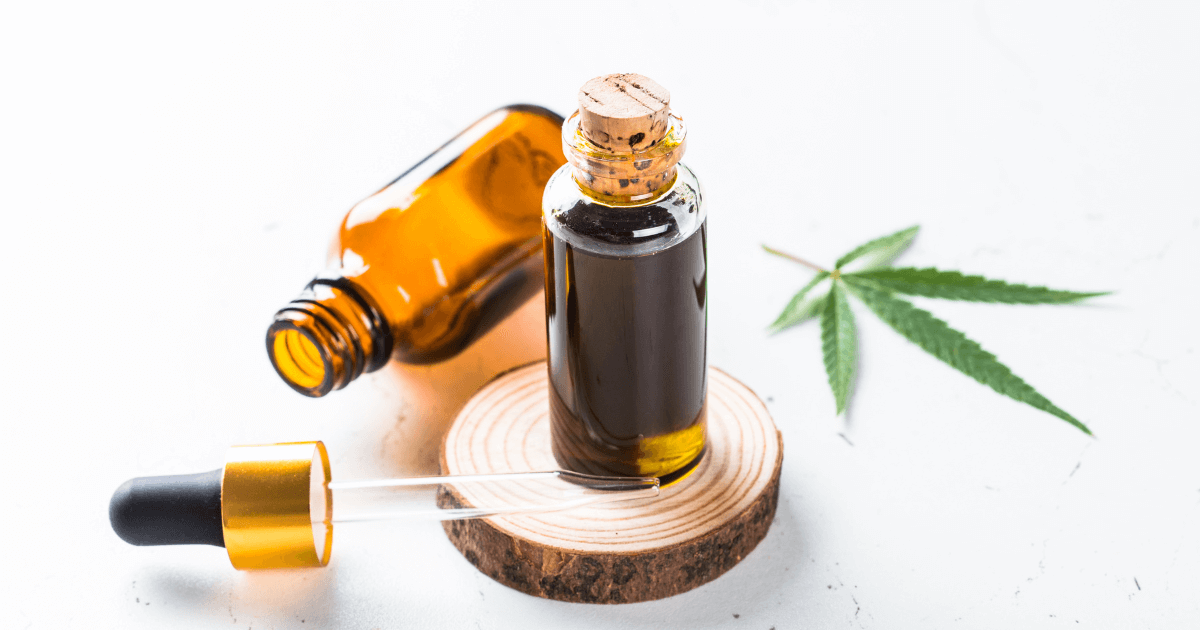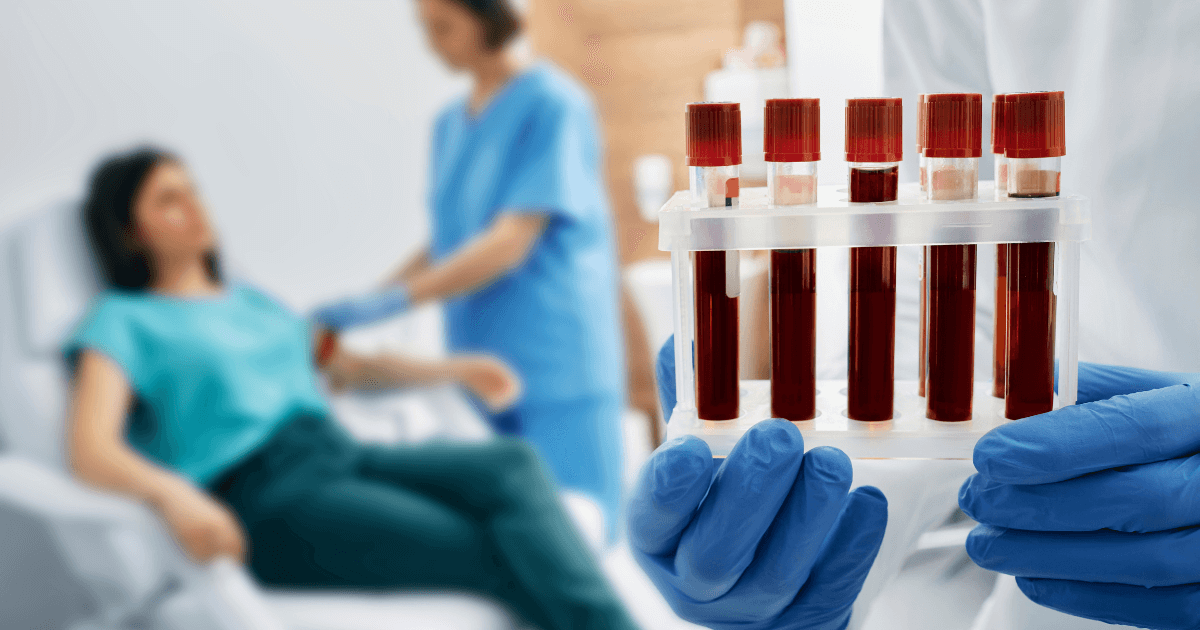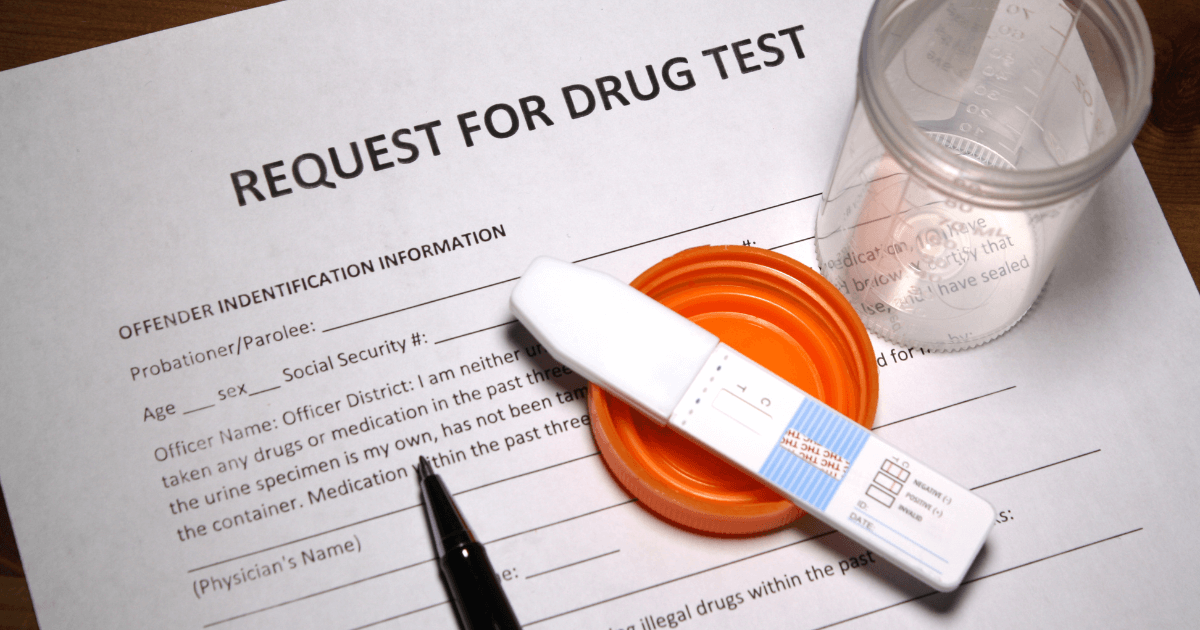You may be wondering if CBD shows up on a drug test. This is a valid question, especially if you are considering using CBD products like Keoni CBD.
CBD is a compound found in cannabis that does not have psychoactive effects, unlike THC. However, because CBD is derived from cannabis, there is a chance that it could show up on a drug test.
CBD is not currently listed as a banned substance by the World Anti-Doping Agency (WADA). However, they do list THC as a banned substance.
This means that if you are taking CBD and are subject to drug testing, there is a possibility that you could test positive for THC.
Some drug tests are more sensitive than others and may be able to detect CBD, even in small amounts.
In this article, we will further explore whether or not CBD shows up on drug tests and the steps you can take to try and prevent it from happening.
Does CBD Show Up on a Drug Test?
Drug tests do not screen specifically for CBD, but THC content may cause a positive test result. CBD is a non-psychoactive component of cannabis that does not produce the “high” associated with marijuana use.
However, because CBD is derived from cannabis, it is possible that it could be detected in a drug test. THC is the cannabinoid that is most likely to be detected in a drug test, and CBD products may contain trace amounts of THC.
If you are using CBD and are concerned about drug testing, it is important to know that different CBD products can contain different levels of THC.
You should always check the label of your CBD product to see how much THC it contains. If you are using a product with a high THC content, you may be more likely to fail a drug test. And you want to make sure you buy lab-tested CBD products, so you know what it contains.
Do Some CBD Products Contain THC?
Yes, some CBD products may contain THC. However, it is important to check the labels of CBD products to make sure they do not contain more than 0.3% THC.
Products that contain more than 0.3% THC are considered marijuana and are not legal in all states, as stated by the FDA. CBD products that contain THC may also cause psychoactive effects.
CBD products that do not contain THC are legal in all 50 states.
If you are worried about CBD showing up on a drug test, it is best to speak with your doctor or the person administering the test. They will be able to give you more specific advice based on the type of drug test you are taking.

How Much THC Needs to be Present to Cause a Positive on a Drug Test?
The amount of THC that is needed to cause a positive drug test varies depending on the sensitivity of the test.
Some tests are more sensitive than others and may be able to detect CBD, even in small amounts. However, most CBD products contain less than 0.3% THC and are unlikely to cause a positive drug test.
If you are using CBD and are concerned about drug testing, it is important to check the label of your CBD product to see how much THC it contains.
You should also talk to your doctor or healthcare provider about whether CBD could cause a positive drug test.
How Do Drug Tests for Cannabis Work?
Most drug tests for cannabis look for the presence of THC, not CBD. THC is the cannabinoid that produces psychoactive effects or the “high” associated with marijuana use.
THC is metabolized by the body and can be detected in urine, blood, and hair. CBD, on the other hand, is not metabolized by the body and is not detectable in drug tests.
However, CBD products may contain trace amounts of THC. If you are using a CBD product that contains THC, it is possible that you could fail a drug test for cannabis.
The amount of THC that is needed to cause a positive drug test varies depending on the sensitivity of the test. Some tests are more sensitive than others and can detect THC in small amounts.
If you are using CBD and are subject to drug testing, it is important to know that different CBD products can contain different levels of THC.
You should always check the label of your CBD product to see how much THC it contains.
Types of Drug Tests
There are several types of drug tests available. Let’s take a closer look at each of them.
Urine Test
The most common is the urine drug test. Urine drug tests can detect THC in CBD products, and research shows it is used for detecting alcohol and several drugs.
A study found that CBD can be detected in the urine of rats for up to 5 days after administration. However, it is unclear how long CBD would stay in the human body.
Blood Test
A blood test may be able to detect CBD for a shorter period than a urine test. CBD can be detected in the blood of rats for up to 24 hours after administration, according to Health Line.
However, it is unclear how long CBD would stay in the human blood.
Hair Follicle Test
Another type of drug test is the hair follicle drug test. Hair follicle drug tests are less common, but they can also detect THC in CBD products.
If you are subject to a hair follicle drug test, it is important to know that CBD can stay in your system for up to 30 days.
If you are using CBD products and are concerned about drug testing, it is important to check the label to see how much THC the product contains. You should also be aware of the type of drug test you will be taking.

Why Else Might You Test Positive for THC?
There are a few other reasons why you might test positive for THC, even if you haven’t used CBD products.
If you have used CBD products, it is possible that you could fail a drug test for THC. CBD products may contain trace amounts of THC, and the amount of THC needed to cause a positive drug test varies depending on the sensitivity of the test.
There is also the potential risk of cross-contamination. CBD products are sometimes manufactured in the same facility as THC products, and there is a chance that CBD products could be contaminated with THC.
If you are using CBD products and are concerned about drug testing, it is important to check the label of your CBD product to see how much THC it contains.
Some research also suggests that there is a risk of second-hand contamination when you are near marijuana smoke, which could lead to you testing positive for THC.
What are the Different Types of CBD?
There are three main types of CBD: full-spectrum CBD, broad-spectrum CBD, and CBD isolate. Let’s take a little look at each of them in more detail.
Full Spectrum CBD
Full-spectrum CBD contains all of the cannabinoids, terpenes, and other phytochemicals that are found in the cannabis plant. This includes THC.
Broad Spectrum CBD
Broad-spectrum CBD contains all of the cannabinoids, terpenes, and other phytochemicals that are found in the cannabis plant, with the exception of THC.
CBD Isolate
CBD isolate is a type of CBD that contains only CBD and no other cannabinoids, terpenes, or phytochemicals.
CBD isolate will not show up on a drug test because it does not contain THC.
If you are subject to drug testing, it is important to use CBD isolate products rather than full-spectrum CBD or broad-spectrum CBD products.
To Conclude
CBD will not show up on a drug test. However, CBD products may contain trace amounts of THC. If you are using a CBD product that contains THC, it is possible that you could fail a drug test for cannabis.
The amount of THC that is needed to cause a positive drug test varies depending on the sensitivity of the test. Some tests are more sensitive than others and can detect THC in small amounts.
If you are using CBD products and are concerned about drug testing, it is important to check the label to see how much THC the product contains.
You should also be aware of the type of drug test you will be taking. CBD isolate products are the best type of CBD products to use if you are subject to drug testing.
Learn more about CBD-related topics and more at Cannabis Ontario. Find a list of popular mail-order marijuana and cannabis delivery websites in Canada.
Sources:
FDA. U.S. Food & Drug Administration. (2022, January 5). FDA Regulation of Cannabis and Cannabis-Derived Products, Including Cannabidiol (CBD). Available at: https://www.fda.gov/news-events/public-health-focus/fda-regulation-cannabis-and-cannabis-derived-products-including-cannabidiol-cbd
McNeil SE, Chen RJ, Cogburn M. Drug Testing. [Updated 2023 Jan 16]. In: StatPearls [Internet]. Treasure Island (FL): StatPearls Publishing; 2023 Jan-. Available from: https://www.ncbi.nlm.nih.gov/books/NBK459334/
Keoni CBD. (2023, June 3). Buy Keoni CBD Products Online. Available at: https://www.keonicbd.com/
Vandergriendt, C. (April 24, 2019). Does CBD Show Up on a Drug Test? Healthline. Available at: https://www.healthline.com/health/does-cbd-show-up-on-a-drug-test
UNO CBD. (2023, June 3). Buy UNO CBD Products Online. Available at: https://unocbd.com/
Iffland, Kerstin. (2017, June 1). An Update on Safety and Side Effects of Cannabidiol: A Review of Clinical Data and Relevant Animal Studies. National Library of Medicine, National Center for Biotechnology Information. Available at: https://pubmed.ncbi.nlm.nih.gov/28861514/
NIDA. 2021, April 13. What are the effects of secondhand exposure to marijuana smoke? Retrieved from https://nida.nih.gov/publications/research-reports/marijuana/what-are-effects-secondhand-exposure-to-marijuana-smoke




